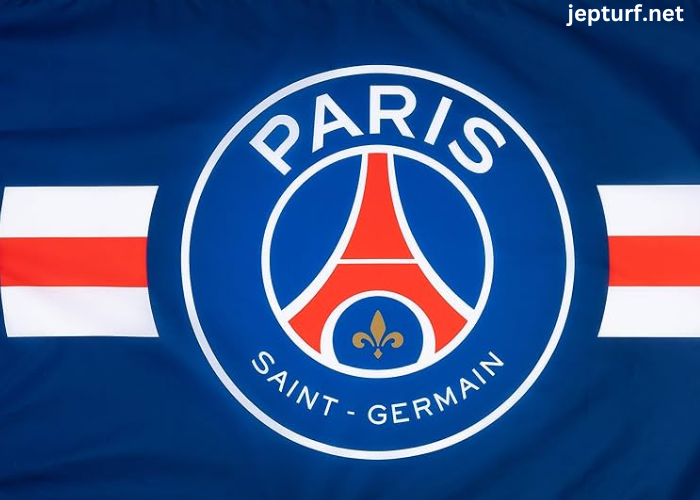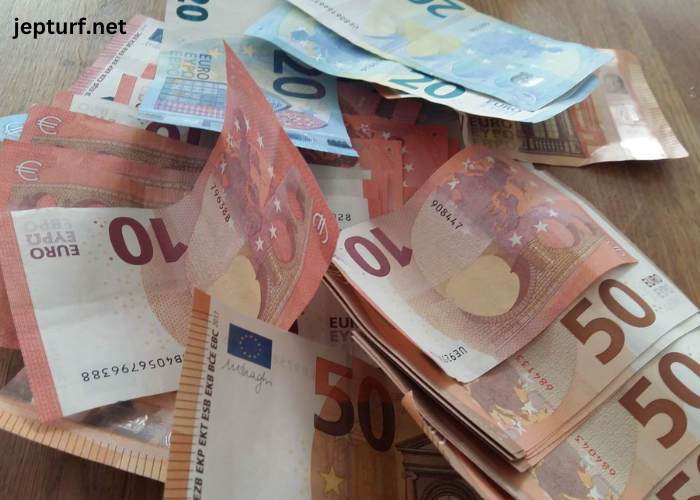Paris Saint-Germain, commonly known as PSG, is more than just a football club; it is a global symbol of football excellence, luxury, and ambition. Established in 1970, PSG has grown from a modest Parisian outfit into one of the most prestigious and influential football clubs in the world. This article delves into the history, impact, and future of Paris Saint-Germain, providing a comprehensive overview of what makes this club a cornerstone of modern football.
The Origins and Formation of Paris Saint-Germain
The creation of Paris Saint-Germain was driven by the desire to bring top-flight football to Paris, a city rich in sporting culture but lacking a dominant football team. Founded on August 12, 1970, through the merger of Paris FC and Stade Saint-Germain, PSG aimed to establish a prominent football presence in the French capital. The club’s early years were characterized by a period of adjustment as PSG navigated the competitive landscape of French football.
Initially, PSG’s performance was a mix of highs and lows. The team experienced a series of promotions and relegations, reflecting the challenges of establishing a new football club in a competitive environment. Despite these early struggles, PSG’s potential was evident, and the club gradually began to build a foundation for future success.
The Transformation and Rise to Prominence
The real turning point for PSG came in the 1980s. The club began to solidify its position in French football with domestic cup victories and notable performances in Ligue 1. Key players and strategic managerial changes contributed to PSG’s growing prominence. The club’s success in domestic competitions, including winning the French Cup and the French League Cup, marked the beginning of its rise as a significant force in French football.
However, it was the acquisition by Qatar Sports Investments (QSI) in 2011 that truly transformed PSG’s fortunes. Led by Nasser Al-Khelaifi, QSI’s investment brought unprecedented financial resources to the club. This new era of ownership allowed PSG to attract some of the world’s top football talents, including stars like Zlatan Ibrahimović, Neymar Jr., and Kylian Mbappé. The infusion of capital also facilitated the development of world-class facilities and enhanced the club’s global brand.
Under QSI’s ownership, PSG experienced a period of remarkable success. The club dominated French football, securing multiple Ligue 1 titles and domestic cups. PSG’s investment in high-profile players and cutting-edge infrastructure significantly elevated its competitive edge. The club’s performances in the UEFA Champions League also improved, with PSG regularly advancing to the latter stages of the tournament and becoming a formidable force in European competitions.
Key Players and Iconic Moments
Paris Saint-Germain’s journey to the top of football is marked by the contributions of several key players who have left an indelible mark on the club’s history. Zlatan Ibrahimović, with his larger-than-life presence and prolific goal-scoring ability, played a pivotal role in elevating PSG’s status. His time at the club was characterized by impressive performances and a series of domestic titles.
Neymar Jr. and Kylian Mbappé further cemented PSG’s reputation as a top European club with their exceptional talent and contributions. Neymar’s flair and creativity, combined with Mbappé’s blistering pace and goal-scoring prowess, made PSG one of the most exciting teams to watch. Their impact on the field was complemented by their influence off the field, as they became global ambassadors for the club and its brand.
Iconic moments in PSG’s history include memorable victories in domestic cup finals, dramatic matches in the Champions League, and remarkable comebacks. One of the most significant moments was PSG’s stunning comeback against Barcelona in the 2016-2017 Champions League round of 16, where the club overturned a significant first-leg deficit to secure a historic win. Such moments underscore PSG’s resilience, talent, and capacity to perform under pressure.
PSG’s Global Influence and Branding
Paris Saint-Germain’s influence extends far beyond the football pitch. The club has become a global brand, symbolizing modernity, luxury, and football excellence. PSG’s strategic approach to branding and marketing has significantly enhanced its global presence. The club’s partnership with high-profile sponsors, investment in state-of-the-art facilities, and involvement in international markets have all contributed to its status as a leading football entity.
The Qatari ownership has played a crucial role in expanding PSG’s global reach. By investing in high-profile sponsorships, cutting-edge sports science, and international outreach, PSG has solidified its position as a top football club with a significant global following. The club’s matches and events attract attention from fans and media worldwide, reflecting its status as a major player in international football.
Moreover, PSG’s influence is evident in its vast fan base, which spans continents. The club’s global appeal is reinforced by its presence in major markets such as Asia, the Americas, and Africa. PSG’s strategic marketing efforts, including engaging content on social media and interactive fan experiences, have helped build a diverse and passionate global following.
Cultural Impact and Community Engagement
Paris Saint-Germain’s impact extends to various aspects of culture and society. The club’s association with luxury, fashion, and entertainment has made it a cultural icon in Paris and beyond. PSG’s distinctive blue and red jersey has become a symbol of both football prowess and Parisian style. The club’s connection with celebrities, influencers, and cultural figures further amplifies its cultural significance.
In addition to its cultural influence, PSG is committed to community engagement and social responsibility. The club’s charitable initiatives, youth development programs, and local outreach efforts demonstrate its dedication to making a positive impact. PSG’s youth academy has produced talented players who have achieved success in professional football, underscoring the club’s role in nurturing future talent.
Future Challenges and Prospects
Despite its success, Paris Saint-Germain faces ongoing challenges as it strives to maintain its position at the top of football. The club must navigate a competitive landscape with rising rivals and evolving dynamics. The pressure to win major trophies, particularly the UEFA Champions League, remains a central focus for PSG.
Financial regulations, player transfers, and tactical adjustments are key factors that PSG must address to sustain its success. The club’s ability to balance financial investments with long-term strategy will be crucial in navigating these challenges. PSG’s commitment to innovation, talent acquisition, and global engagement will play a significant role in shaping its future prospects.
Looking ahead, Paris Saint-Germain is well-positioned to continue its pursuit of excellence. The club’s strong foundation, combined with its forward-thinking approach, sets the stage for future success. PSG’s dedication to maintaining its competitive edge and expanding its global influence ensures that it will remain a dominant force in football for years to come.
Conclusion
Paris Saint-Germain’s rise from its early days to becoming a global football powerhouse reflects its ambition, talent, and strategic vision. The club’s journey is marked by significant achievements, star players, and a profound impact on football and culture. From its formative years to its current status as a leading football entity, PSG has established itself as a symbol of excellence and innovation.
As Paris Saint-Germain continues to build on its legacy, its commitment to success and global engagement will undoubtedly shape its future. The club’s influence on football and culture, combined with its ongoing pursuit of greatness, ensures that PSG will remain a central figure in the world of football for generations to come.



